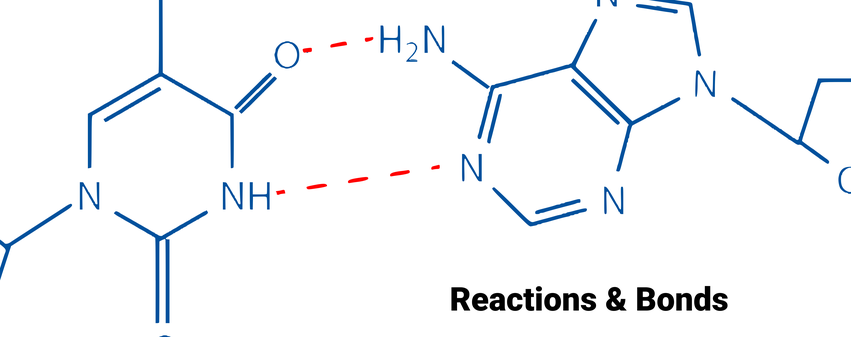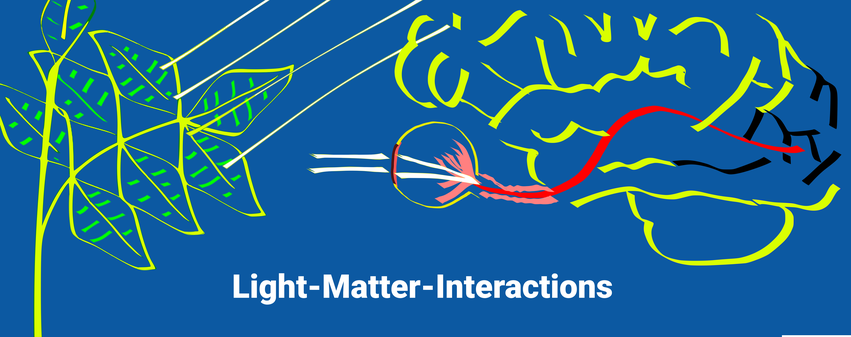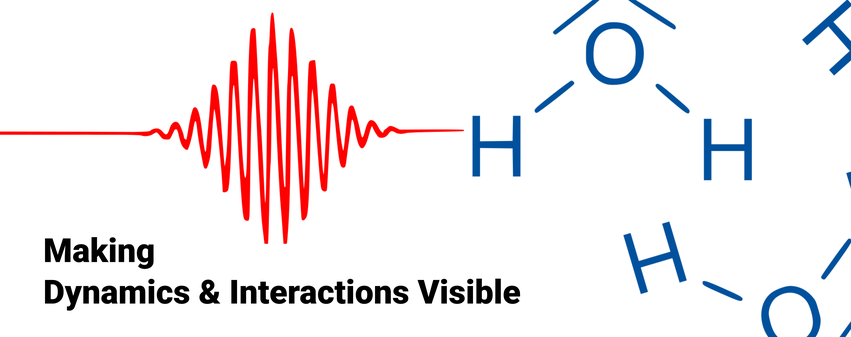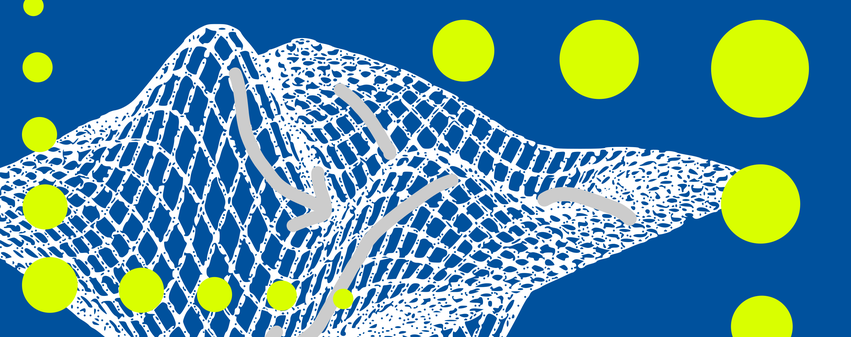Division Molecular Physics
In the Molecular Physics Division of the German Physical Society, scientists are organized whose research focuses on the structure, composition and dynamics of molecules and their interactions.
The Molecular Physics Division is part of the Atomic, Molecular, Quantum Optics and Photonics Section (SAMOP). The division is present at the yearly Spring Meeting of the SAMOP, contributes current research topics to the programme and represents the field of Molecular Physics inside the German Physical Society.
Molecular Physics has many intersections to chemistry, biology, mathematics and computer science. Observing the dynamics of electrons and atomic nuclei within molecules, interactions of molecules with light and with other molecules, and chemical reactions on their native, incredibly short time and small length scales provides insights into the quantum cosmos of such systems.
This enables the understanding of fundamental processes and can thus contribute to modern technological solutions.


- What happens throughout chemical reactions?
- How to catch and control molecules?
- What is the structure of molecules and why do they form it?
- How can this knowledge be exploited in medical applications?
- How to molecules transform energy and how do they store it?


Light-matter interactions are of utmost relevance in photosynthesis and solar-energy harvesting, radiation damage, as well as in catalysis, radiation chemistry, sensing, and many more.

The Molecular Physics Division is a platform for students, researchers and working groups within the field, is organized through dynamic and cooperative structures, creating a framework for exchange and discussion of latest research by bringing together expertise.
